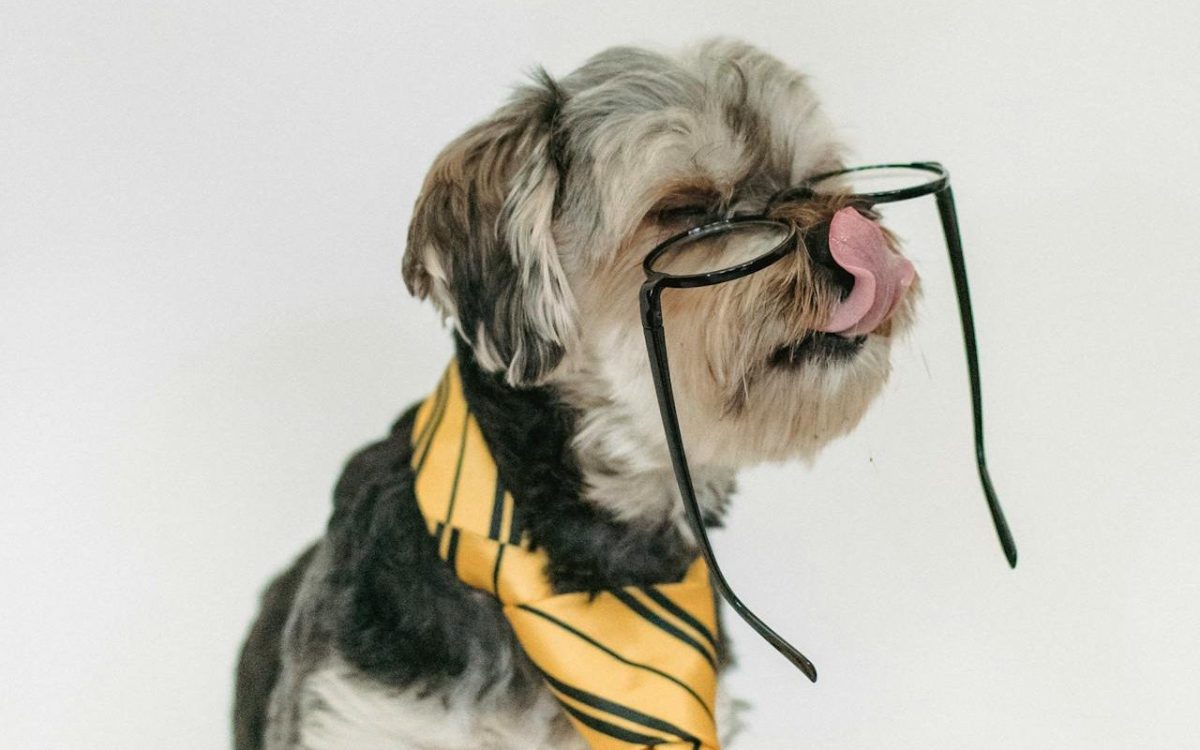Four things to keep in mind
Don’t confuse business and hobbies
When it comes to ensuring that you are claiming the right work-related expenses, it’s vital to understand the difference between creative practices that are defined as a business or a hobby, even if both incur costs.
Whether your activities are determined as a business or not isn’t dependent upon one single factor, but includes such things as whether you intend to make a profit, whether there is a business name or ABN (Australian Business Number) and whether there is a separate business bank account or records.
While products of a hobby may still be sold, it is usually done with the intention of covering material costs, rather than earning an income. Expenses associated with a hobby are considered personal, and cannot be claimed on tax deductions.
Take art prize entry fees as an example; whether these would be tax deductible or not does not depend on whether or not the work is guaranteed to be shown or put in front of a selection panel, but whether or not it is a genuine business expense.
Find out more about assessing if you are in business through this Australian Taxation Office (ATO) page.
Don’t claim home to work travel expenses
With working from home (WFH) expenses being a major tax deduction claim over the past financial year (thanks to the significant rise in remote working and WFH brought about by the pandemic), the ATO is being extra vigilant regarding what is legitimately considered as work-related expenses.
This specifically excludes home to work travel expenses, even though some may see travelling for work as an extra cost now that WFH has become such a widespread practice.
According to the ATO: ‘Most people cannot claim the cost of travelling from home to work unless you are required by your employer to transport bulky tools or equipment and there is not a safe place to store these at your workplace.’
Don’t rush it
Lodging a tax return early doesn’t mean that you will receive refunds faster, and this year, the ATO has issued a specific warning against people rushing to lodge their return as early as 1 July.
This is to ensure that people who receive income from multiple sources will have up-to-date, pre-filled information when they lodge. This could be interest from banks, dividend income and/or payment from other government agencies.
Most taxpayers will have their information pre-filled by the end of July, and waiting for a couple of weeks can decrease the chances of the tax return being flagged as “incorrect” by the ATO.
Read: Lesser known tax deductions for creative freelancers
Don’t throw away the records
It’s essential to keep records such as invoices, receipts, payment summaries and work from home logs on hand for the tax return, but don’t just throw them into the rubbish bin once it’s done.
If the ATO finds any issues with your claim or have further questions, it will ask for evidence and any bit that you have will help to prove legitimate deductions.
This is especially important for work from home claims, for which the ATO now requires “comprehensive records”, such as a calendar, diary or spreadsheet, and any additional running costs such as an electricity or internet bill.
The ATO requests all tax lodgers to keep records for five years from the date you lodge your tax return. These can be stored digitally and as photos or electronic copies, but ensure all information is clear and legible.
Check out more of ArtsHub‘s tax time tips for creative professionals.





